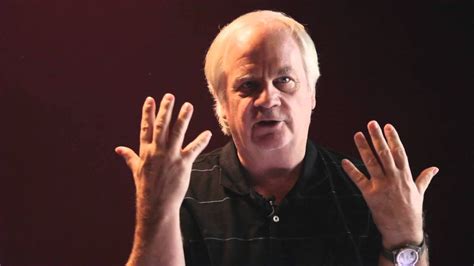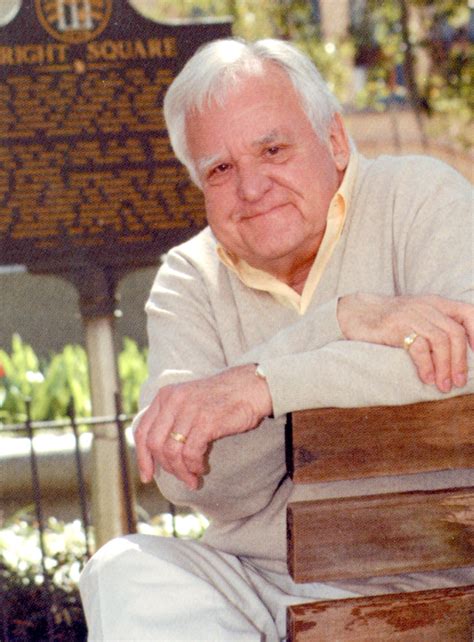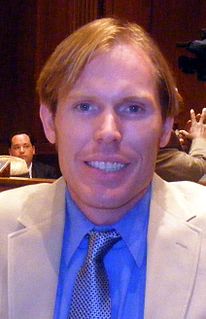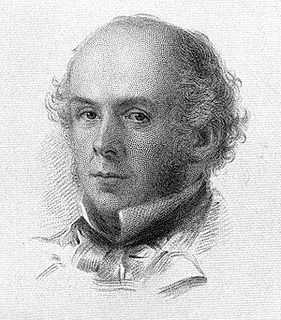A Quote by Thucydides
The meaning of words had no longer the same relation to things... Reckless daring was held to be loyal courage; prudent delay was the excuse of a coward; moderation was the disguise of unmanly weakness; to know everything was to do nothing. Frantic energy was the true quality of man.
Related Quotes
The cruelest lies are often told in silence. A man may have sat in a room for hours and not opened his teeth, and yet come out of that room a disloyal friend or a vile calumniator. And how many loves have perished because, from pride, or spite, or diffidence, or that unmanly shame which withholds a man from daring to betray emotion, a lover, at the critical point of the relation, has but hung his head and held his tongue?
Cus was my father but he was more than a father. You can have a father and what does it mean?—it doesn't really mean anything. Cus was my backbone . . . . He did everything for my best interest . . . . We'd spend all our time together, talk about things that, later on, would come back to me. Like about character, and courage. Like the hero and the coward: that the hero and the coward both feel the same thing, but the hero uses his fear, projects it onto his opponent, while the coward runs. It's the same thing, fear, but it's what you do with it that matters.
Sometimes the things that may or may not be true are the things a man needs to believe in the most. That people are basically good; that honor, courage, and virtue mean everything; that power and money, money and power mean nothing; that good always triumphs over evil; and I want you to remember this, that love... true love never dies. You remember that, boy. You remember that. Doesn't matter if it's true or not. You see, a man should believe in those things, because those are the things worth believing in.
For after all what is man in nature? A nothing in relation to infinity, all in relation to nothing, a central point between nothing and all and infinitely far from understanding either. The ends of things and their beginnings are impregnably concealed from him in an impenetrable secret. He is equally incapable of seeing the nothingness out of which he was drawn and the infinite in which he is engulfed.
Night is purer than day; it is better for thinking and loving and dreaming. At night everything is more intense, more true. The echo of words that have been spoken during the day takes on a new and deeper meaning. The tragedy of man is that he doesn't know how to distinguish between day and night. He says things at night that should only be said by day.
Semantics is about the relation of words to thoughts, but it also about the relation of words to other human concerns. Semantics is about the relation of words to reality - the way that speakers commit themselves to a shared understanding of the truth, and the way their thoughts are anchored to things and situations in the world.








































